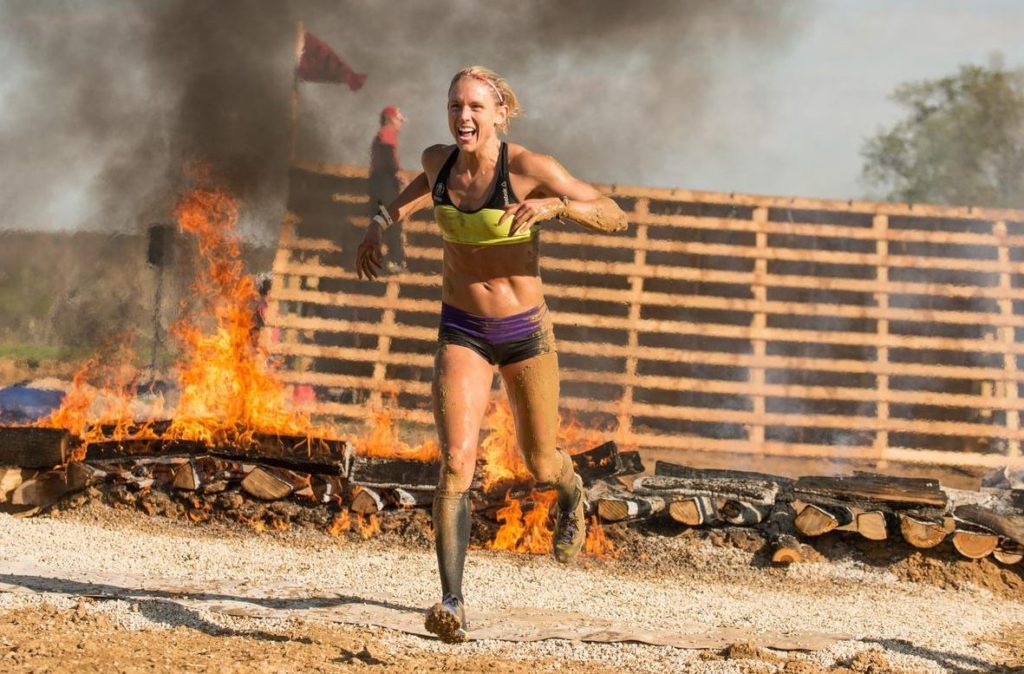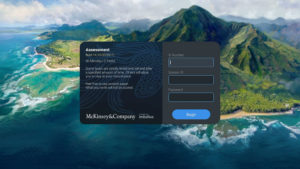
With a typical hire rate of less than 1%, interviews with top consulting firms such as McKinsey, BCG and Bain are some of the most challenging in the world. The selection process is divided into screening and interviews.
1. The application screening
Screening is typically based on selecting CVs or resumes that show the most potential based on academics, employment history and other achievements and expertise. To make a screening decision, some firms also use problem-solving tests or brief screening interviews.
At this stage, the process isn’t focused exclusively on finding the best candidates, but more so on screening out candidates who are less likely to do well in the interview process. If you’re invited to interviews, you’re already among the top 10% of candidates.
To give yourself the best chance of making it through screening, make sure to prepare a stand-out resume and cover letter by accessing our Resume Courses here.
2. The interviews
The second stage is the interviews, which are typically split into the first round and final round. Each round includes 2-3 one-on-one interviews. In the first round, you’re likely to be interviewed by current consultants and in the final round, it’s likely to be Partners. Each interview is typically split into the case and the fit, or ‘personal experience’ interview.
a. The case interview
The case interview is used to test whether you have the raw intellectual power to break apart and solve the kind of client problems you’ll face on the job itself. You’ll be rigorously tested across a number of dimensions, including problem-solving skills, structuring, numeracy and creating useful insights for the client.
Here is what it looks like for real:
Cases can be focused on a wide range of questions, including profit improvement, market entry, pricing, investment and even off-the-wall questions. This means you won’t be able to bluff your way through the interview by memorizing cookie-cutter frameworks. To receive an offer, you will need to be able to solve ANY case question.
The case is no walk in the park and we recommend you spend time learning the skills the case interview tests for. You should practice at least 25 live cases—and ideally more—to give yourself the best chance of succeeding.
b. The fit interview
The fit interview varies depending on the firm and interviewer, but in a full fit interview you can expect to be asked questions on two key areas:
- Your journey so far and your motivation to move into consulting at the specific firm
- Your achievements
The first part, your journey, is your opportunity to impress and build rapport with your interviewer. Here, you can reveal more about yourself and demonstrate that you have a track record of top performance, along with providing an inspired and unique rationale for making a move into consulting.
The second part, your achievements, is your opportunity to demonstrate that you have the personal skills to succeed as a management consultant. You will need to impress your interviewer and give evidence of skills that are transferable to consulting, such as teamwork, leadership, drive and adaptability.
Here is what it looks like for real:
The biggest difference in fit interviews is found at McKinsey, where questions on your journey and motivation to move into consulting are generally not included. Instead, the fit interview focuses on one specific story from your experience that demonstrates a key attribute such as persuasion, leadership, or entrepreneurial drive.
Many candidates make the mistake of spending most of their prep time on the case interview, but the fit aspect of the interview holds equal weight and also requires a large amount of preparation to avoid flunking.
Only around 10% of candidates who are invited to interview are extended an offer at the end of the process. So preparation is key to making sure you stand out and increase your chances of being in that top 10%.
Ready to learn more about preparing for interviews with top consulting firms?
As you can tell from this overview of the recruitment process, you need to spend a significant amount of time preparing for consulting interviews if want to land an offer. We cover everything you need to know for both the case and fit interviews in our Interview Prep Course available here.






